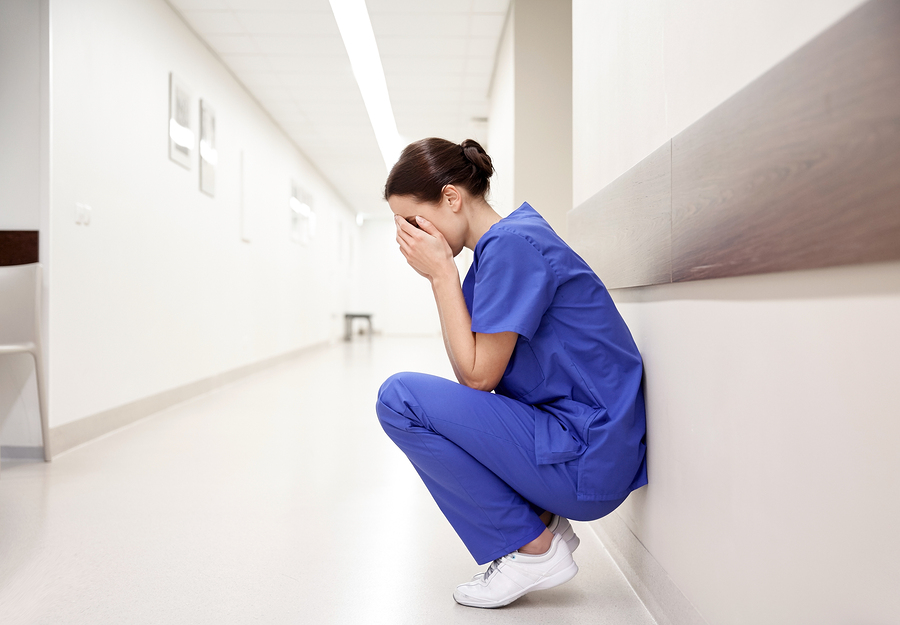When people hear “Haiti” they think several things: the poorest country in the Western hemisphere, the Mecca for NGO’s, the first free Black republic, or that place that just can’t catch a break. While each thought holds truth in some fashion, the real truth is that Haiti is so complex that it cannot be defined or summed up in one phrase. Often times when asked to talk about Haiti and its people I’m lost for words, reduced to a flux of emotions, gestures and inaudible groans. What I can say in words is that this country has every reason to give up, yet its people continue to fight to live another day. Elders find the smallest of things to thank God for, and children play with imaginary toys and friends and laugh leaving us astounded, causing us to dig deeper into the human experience and what it means to be alive. Being a first generation Haitian American, I have experienced the best and worst of both worlds, and being a Nurse I have never found more meaning to my profession then when I first experienced mission work immediately following the devastating earthquake of January 2010, which led to additional missions to different parts of the country.
On Nov 9, 2016 I found myself in Haiti again with H.A.N.A (Haitian American Nurses Association Miami Chapter) and Man dodo, a non-profit organization based in Miami. Once again I was conflicted as I watched people in dire need, in hopeless situations move about with hope. As I began to see and treat patients I couldn’t help but think is “resilience” a gift and a curse? Because Haitians are resilient is it acceptable for them to endure this type of trauma and pain repeatedly. Is it alright for Haiti’s almost non-existent government to allow human suffering on this level on the world stage? Where’s the accountability, where are the checks and balances in this so called democratic island nation.
One would suggest medical missions should be focused on medicine, but it becomes bigger then medicine once you’re on the ground, because politics and government affect everything, it affects access to healthcare, education, safety, infrastructure and economy.
It’s difficult to share each patient experience, but some encounters cannot be kept from the people. I had the honor to of treating 64 year old gentlemen who walked six hours to our makeshift clinic; he clearly was an asthmatic and presented with shortness of breath, wheezing and slumped forward on the verge of collapsing. Without masks, oxygen tanks, hot water or equipment to provide nebulized treatments, I improvised like most disaster prepared medical professionals do. We treated him with the pill form of Prednisone, and diluted albuterol in water and had him to drink it praying it would work. In Haiti, we pray a lot weather we are religious or not because logic will leave you defeated in an instant. We evaluated him for about an hour, and he improved, he was standing upright, which is something he was not able to do before, he was breathing slower and better and wheezing significantly less. As a nurse my tell-tale sign that you are better is when you can eat, and that he did. Pleased with the results I couldn’t help but think about what will happen to this gentleman on his long sojourn back home by foot.
As rewarding as mission work is, it is also traumatic for healthcare providers, because we cannot provide a follow up, our work is a Band-Aid. Band aids gets wet, fall off and usually what was being covered has become worse and more painful. Haiti has become worse and more painful for me.
While some organizations capitalize on human suffering and are only viable when disaster strikes, being in Haiti is just a business not a cause. What has given me the hope to continue this work are the organizations that truly care, and are committed and have sacrificed to bring about change. H.A.N.A and Man dodo are truly dedicated to the fight to restore Haiti and its people, through healthcare and education, and I am honored to have served the people of Haiti with them.
Patricia LaFontant MSN, CEN, CD, RN







